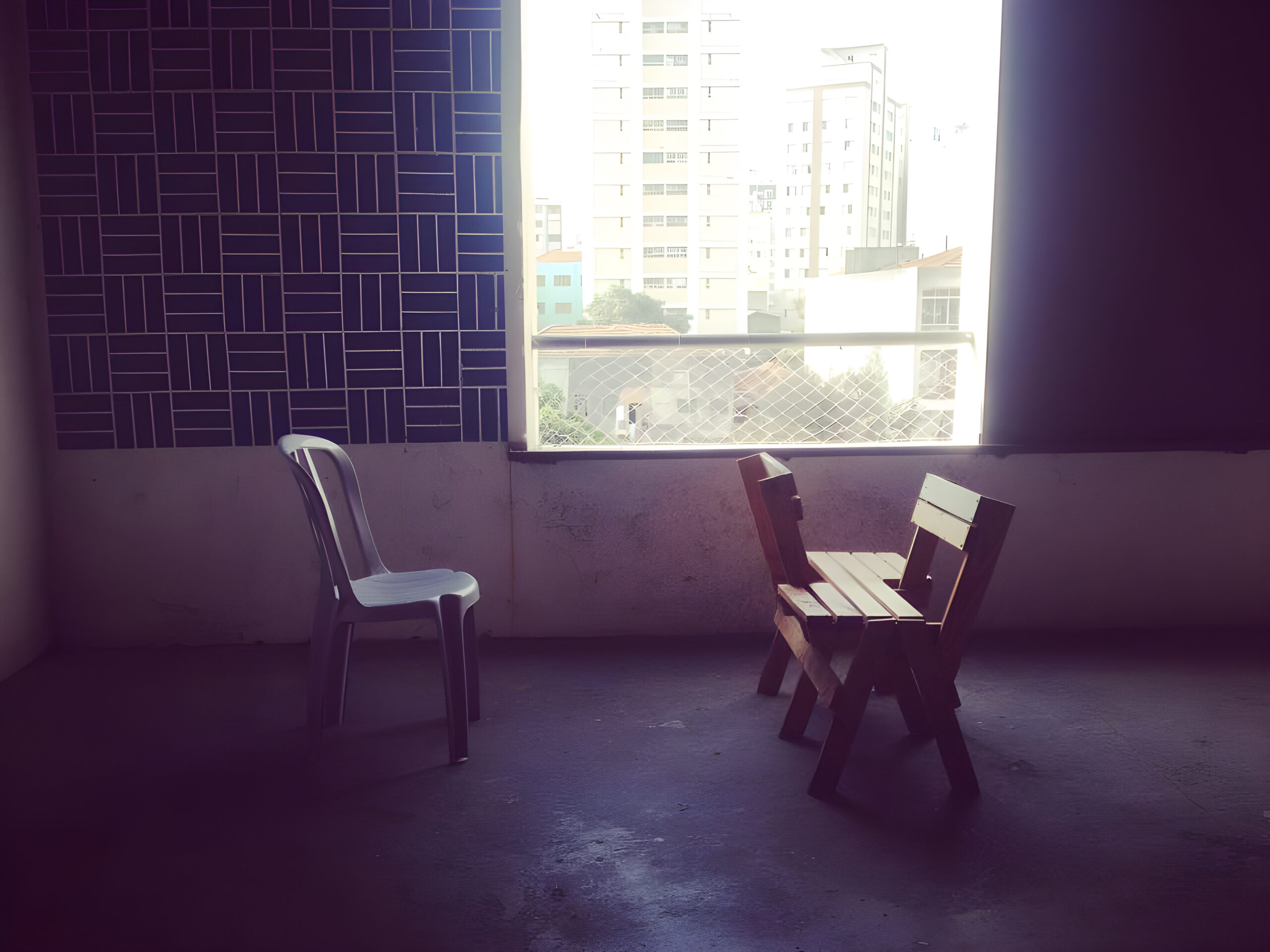CONFERENCE PAPERS
2024
Čvorović, A. And Pusztai, J. ‘Translucent walls in psychoanalytic free clinics’, (Panel ‘Psychoanalytic Free Clinics and Care Infrastructures: Practices and Utopias’), ‘Caring Futures: Contradictions, Transformation, and Revolutionary Possibilities’ Conference, The American University of Paris, France, 29 May 2024.
2023
Čvorović, A., And Pusztai, J. ‘Translucent walls in psychoanalytic free clinics’, International Conference on Art and Health, Lisbon, Portugal 10 November 2023. https://www.maat.pt/en/event/international-conference-art-and-health
We intend to question what a healing environment looks like in psychoanalysis and what we call a healing environment as part of the capitalistic structure. Can two chairs in an empty room constitute a healing environment? Do we need a room? Is the healing environment outside or inside, or in between? We aim not to find a solution or create a new functional clinical space but to expand, provoke and feature what is already there. There are four steps in this journey.
1.
As a prolonged exchange between artist and psychotherapist, our interest draws on psychoanalytic spaces dedicated to marginalised collectives. These psychoanalytic clinics are filled with life, communities, shared connections, and histories but often forgotten, hidden, or tucked away. Our collaboration was born at the scene of free clinics, where the sharp divider between private and public evaporates and where different types of mental health commons exist. We centre our attention on these environments, situated at London’s low-cost clinics.
2.
We aim to stretch this landscape and engage with the tradition of psychoanalytic free clinics from Freud’s time to the current public health care system. We demonstrate the notion between private and political, highlighting a psychic and physical elasticity that takes place within these clinical rooms. In the current state of social vulnerability, these clinical rooms are dynamic environments in which the space is constantly modified and challenged. These spaces are primarily used as multipurpose rooms in communities situated on the threshold of private and public. Accent the internal and external merge point, where walls are often flexible and even translucent for different types of realities.
3.
This presentation marks the beginning of our alliance as part of a larger research project, Free Clinics and a Psychoanalysis for the People: Progressive Histories, Collective Practices, Implications for our Times. As an act of solidarity with free clinics, we work towards a sculptural installation, a workshop, and a written piece. As a collaborative notion to embody free clinics, we imagine a different economy of care: a weightless space with elastic walls and soft lights, where the psychic can wander and free associate. This transportable room temporarily imagines a new, speculative clinical space in the public realm. This momentarily out-of-the-ordinary experience welcomes anyone to constitute new private and public experiences.
4.
The installations are an exploration of the psychodynamics of place, specifically in the context of war, migration, socio-economic impoverishment and processes of globalisation. Taking both personal and historical events as a point of departure, the work repurposes domestic everyday items imbued with notions of childhood, memory, and the unconscious. This practice is now expanded to reflect on the particular context of free psychoanalytical clinics – how do objects and sculptural assemblages generate alternative economies? What social and psychological effects can emerge in the production of creative environments for public and private interaction? These are some of the questions we aim to explore through this interdisciplinary collaboration.
show less
Pusztai, J. ‘Who are we becoming? A psychosocial reflection of psychic and power in the contemporary narrative of psychoanalysis‘, Ferenczi 150th Anniversary International Conference, Budapest, Hungary 9 June 2023. https://ferenczi150budapest.org
This presentation examines psychoanalysis as a social mission for the repressed parts of society. Social thinking and psychoanalysis are still the construction of academics who are already privileged. I propose to rethink this method addressing the endemic of whiteness and unaffordability that echoes its elitism. For this, I encounter present and past; the emerging radical practices as an unconscious reply to the currently rising aggressive political atmospheres, climate, and living crisis across the globe, in parallel with Ferenczi’s time where political aspects integrated to psychic defence and the social is separated from the individual’s suffering. As if thinking and listening are dangerous tools in the eye of power. This fearful object is introjected into this crisis-ridden world where psychic and physical safety becomes a privilege of the hierarchical identities. I inquire about our role in the widened social trajectory interweaving Ferenczi’s thoughts on democratic psychoanalysis. It’s best defined as a Hungarian synonym, ‘Lélekelemzés‘ meaning soul analysis rather than psycho, indicating the depth of interrelation; we are interlinked with everything around us and before us, the history of a land, communal traumas, current cultures, and socio-political impacts.
show less
INVITED TALKS & PROJECTS
2023
Pusztai, J. ‘Who are we becoming? A psychosocial reflection of psychic and power in the contemporary narrative of psychoanalysis‘, Imágó Budapest, The Hungarian Academy of Sciences, 7 June 2023.
Pusztai, J.’ FERENCZI24 London‘, The Guilds Psychotherapy, London, UK. 22 April 2023 [local committee] https://www.freeassociation.pt/ferenczi24

